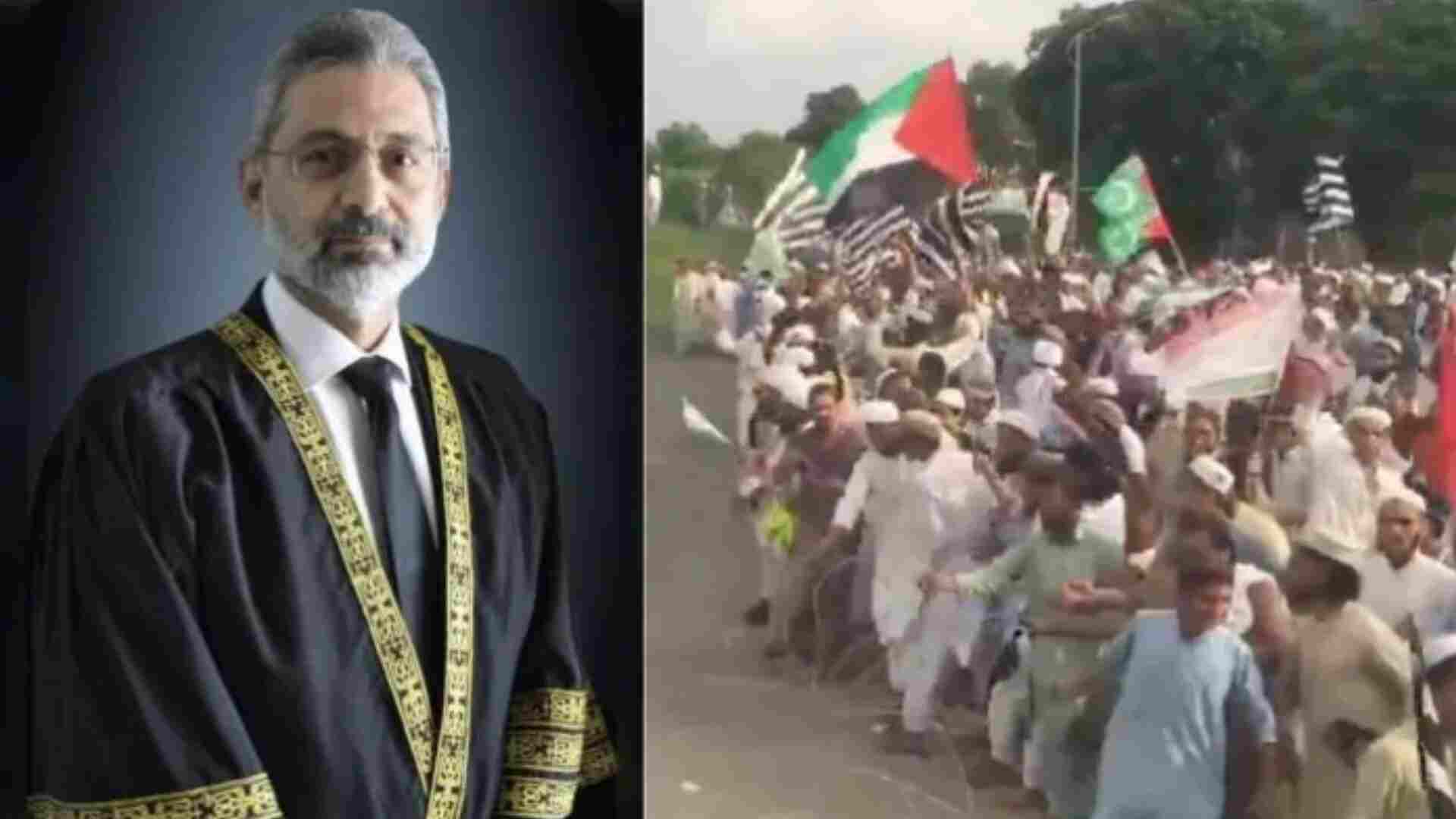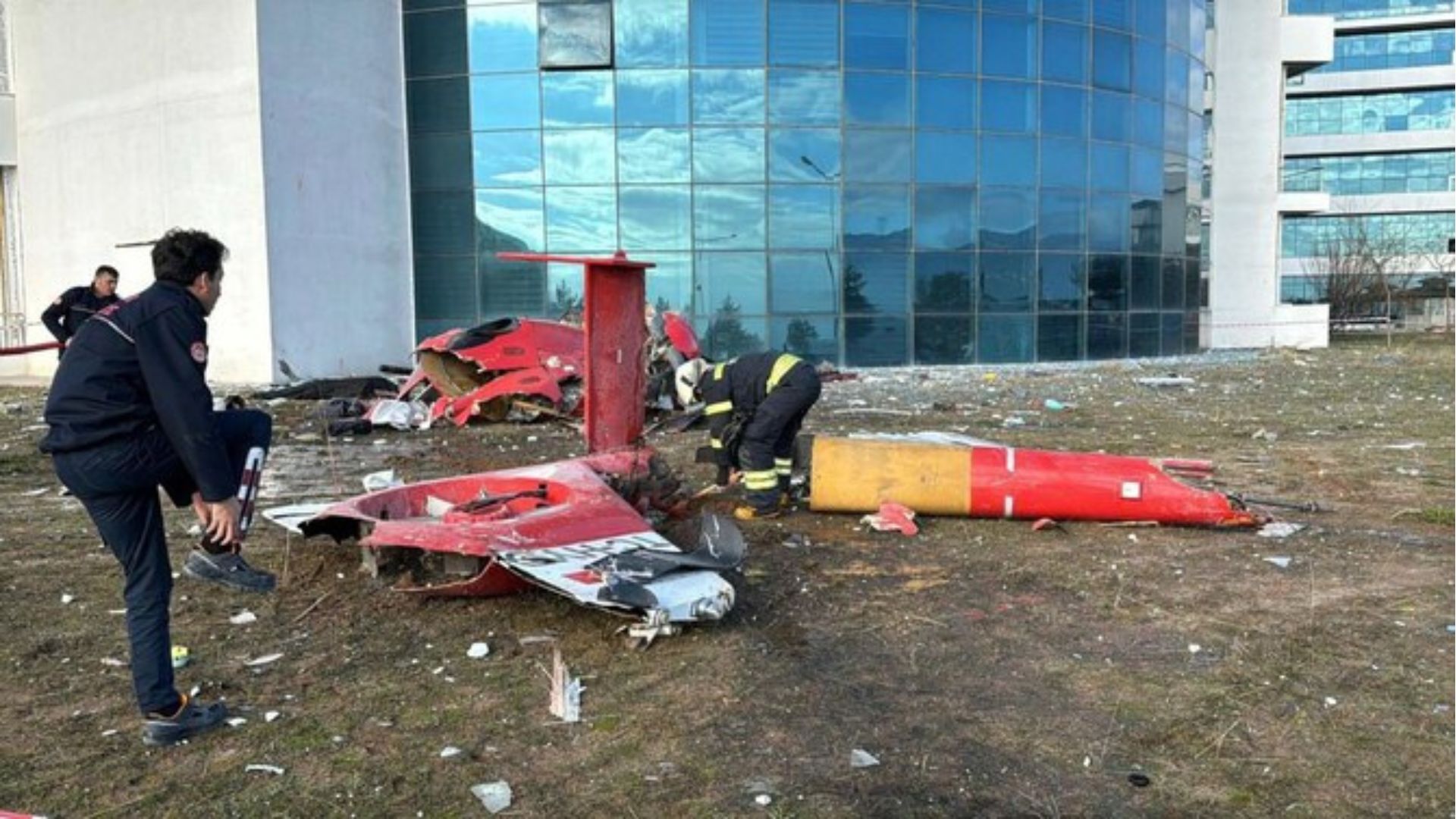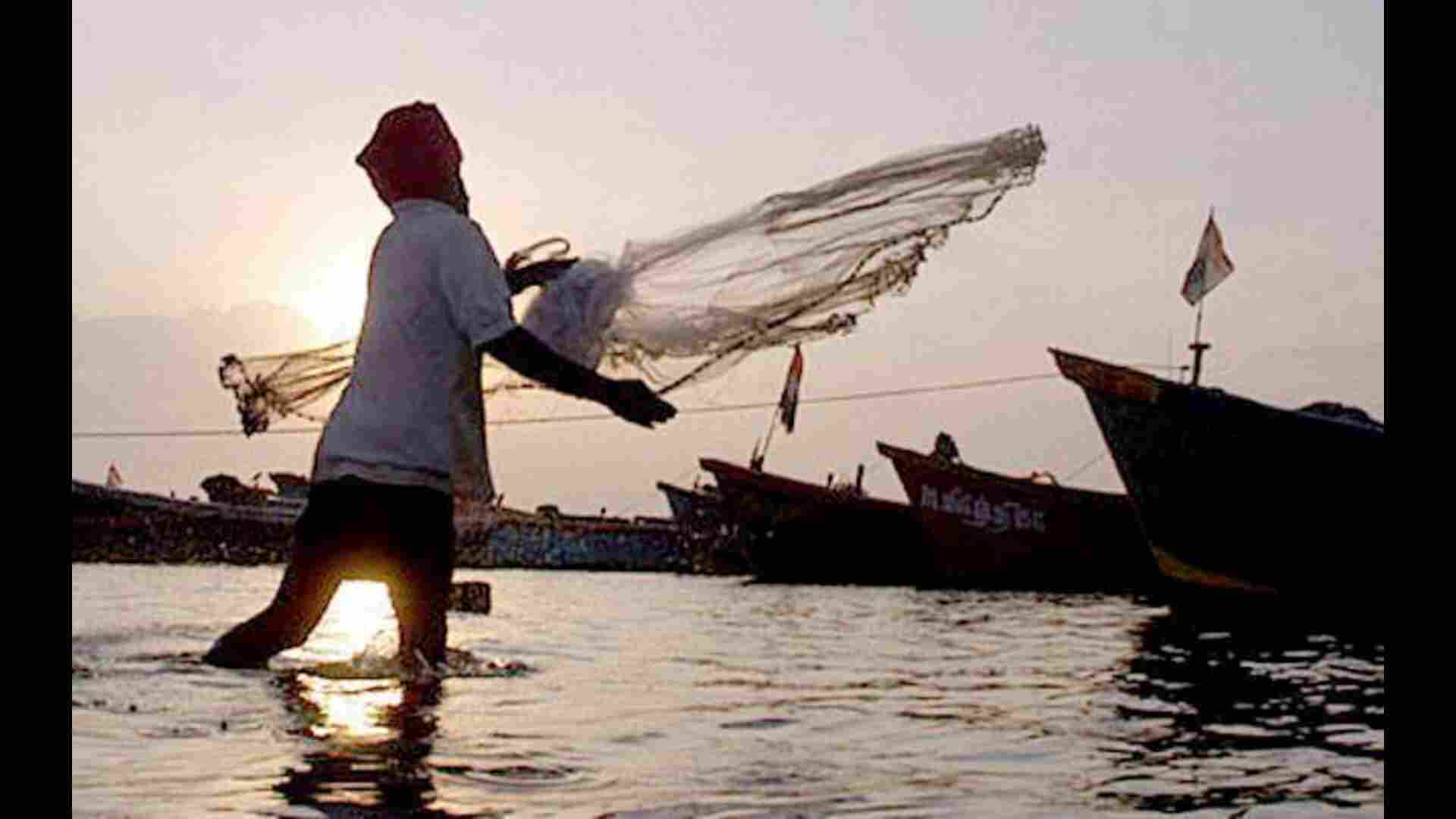The “Sar tan se juda” protests in Pakistan have erupted against Supreme Court Chief Justice Qazi Faez Isa, who has faced death threats and demonstrations since February 2024. This unrest began after Isa’s ruling to release Mubarak Sani, an Ahmadiyya man charged with blasphemy under a law that was not in effect at the time of his alleged offense.
Mubarak Sani – ahmediya muslim of pakistan – was arrested for blasphemy. His crime – distributing pamphlets propagating ahmediya islam.
supreme court of pak today said non-muslims (like ahemdiya muslims!!) have the right to do so.
Zombies attack pak sc. pic.twitter.com/QKRgK1xal3— Akshat Deora (@tigerAkD) August 19, 2024
On July 24, the court accepted a review petition from the Punjab government and Islamist organizations, leading to renewed protests. The review acknowledged that religious freedom is subject to laws, morality, and public order. A hearing on these pleas is scheduled for August 22.
The protests intensified on August 19, when Islamist groups stormed the Red Zone in Islamabad, demanding Isa’s resignation. This agitation was spurred by Isa’s February decision to grant bail to Sani, which was deemed offensive by some Islamist groups. The Tehreek-e-Labbaik Pakistan (TLP) has placed a bounty of 10 million Pakistani rupees on Isa’s head, with TLP leader Pir Zaheerul Hasan Shah urging violence against Isa for allegedly disrespecting Islamic laws and sentiments.
Information Minister Attaullah Tarar condemned Shah’s remarks, emphasizing that such statements undermine Pakistan’s integrity and that Isa’s ruling was not biased toward any particular group.
Ahmadiyya Muslims in Pakistan face severe persecution, as they have been declared non-Muslims since 1974 and are frequently targeted by blasphemy laws. The release of Sani was seen as a violation by the TLP and other Islamist groups, who consider Ahmadis heretics. The Supreme Court may reverse its decision due to the ongoing pressure. Blasphemy allegations in Pakistan are often used to attack non-Muslims and dissenters, leading to violent protests and calls for severe punishment.







